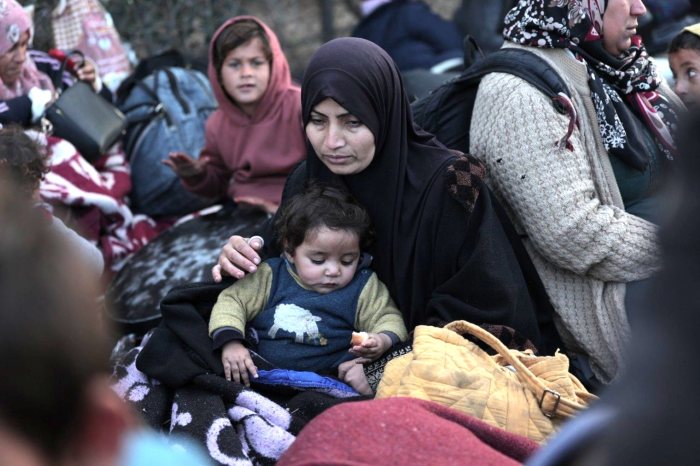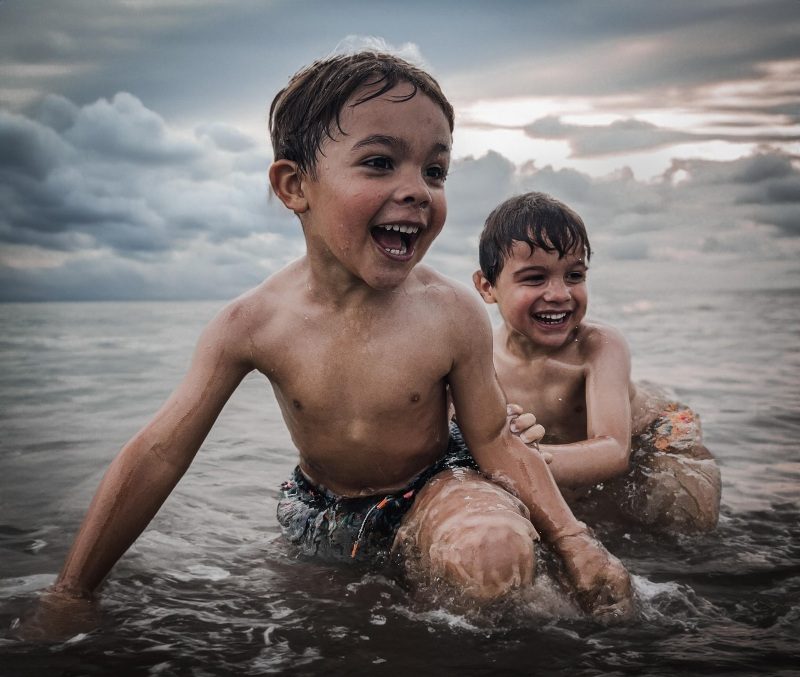Therapeutic Roleplaying Games
Designing therapeutic live action and tabletop roleplaying games for therapeutic outcomes
Healing Through Adventure: Therapeutic Roleplaying Games
At Guardian Adventures, we specialize in designing therapeutic roleplaying games (rpg)—both tabletop and live-action (LARP)—that help individuals of all ages navigate trauma, build resilience, and reconnect with their sense of agency. Whether you’re working with people in crisis, refugees adapting to a new life, or communities recovering from collective trauma or loss, our customizable roleplaying adventures offer a powerful, engaging, and evidence-based approach to healing.
How We Do This: The Co-Creation Process
We collaborate closely with therapeutic centers, educators, agencies, and organizations to co-create story-driven experiences tailored to your audience’s unique needs. Our programs are grounded in peer-reviewed research and built to be affordable, scalable, and accessible—facilitated by trained, trauma-informed guides rather than licensed therapists.
We also offer both online and in-person training to help your staff run the programs effectively or even design your own. And we don’t stop there—we provide ongoing support to ensure long-term success.
Each program is developed and led in partnership with trauma-informed therapists and facilitators to ensure safety, effectiveness, and lasting impact. Their expertise ensures that every aspect of the program is scientifically sound, culturally relevant, and deeply transformative for children in crisis-affected regions.
The game is designed to be adapted and adjusted over time to address not just trauma, but also to support education, capacity building, and economic recovery. This is done by addressing the people’s personal capacity so that they can enact the development strategies for success.
Transformative play. Meaningful recovery. Real-world impact. Let’s build the journey together.

How do therapeutic roleplaying games work?
Through interactive role-playing and facilitated debrief, participants explore emotions, develop coping strategies, and safely process trauma in a structured yet imaginative setting. Unlike traditional talk therapy, these programs allow children, teens, and adults to express their emotions through the characters they play, creating a natural and effective way to engage in healing. This solution is ideal for cultures where therapy carries a stigma – because the process is game based and collaborative. But the therapeutic and cognitive results still apply.
By helping participants process trauma in a safe, creative space, we are giving them the opportunity to heal, regain a sense of normalcy, and rebuild their sense of self. From here, they have more mental and emotional capacity to build or rebuild their life.
Why Choose Us
-
-
- Custom-Designed Adventures: Every therapeutic game is tailored to meet your community’s specific emotional, cultural, and developmental needs.
- Game-Based & Research-Backed: Our methods are rooted in peer-reviewed research and refined through real-world implementation.
- Affordable & Scalable: Programs are designed to be run by trauma-informed facilitators (training provided) instead of licensed therapists—making them more accessible to a wide range of communities.
- Training & Support: We equip your team with the tools, knowledge, and confidence to run and adapt the games independently, with ongoing support as needed.
- Inclusive for All Ages: Whether for children, teens, or adults, our therapeutic rpg system is accessible, age-appropriate, and designed for impact.
-

Sources for Therapeutic RPG Research (MORE AVAILABLE)
-
- Abbott, Matthew S., Kimberly A. Stauss, and Allen F. Burnett. 2021. “Table-top Role-playing Games as a Therapeutic Intervention with Adults to Increase Social Connectedness.” Social Work with Groups 45, no. 1 (16-21).
- Arenas, Daniel Luccas, Anna Viduani, and Renata Brasil Araujo. 2022. “Therapeutic Use of Role-Playing Game (RPG) in Mental Health: A Scoping Review.” Simulation & Gaming (March 2022).
- Baker, Ian S., Ian J. Turner, and Yasuhiro Kotera. 2022. “Role-play Games (RPGs) for Mental Health (Why Not?): Roll for Initiative.” International Journal of Mental Health and Addiction 11: 1-9.
- Blackmon, Wayne D. 1994. “Dungeons and Dragons: The Use of a Fantasy Game in the Psychotherapeutic Treatment of a Young Adult.” American Journal of Psychotherapy 48 (4): 624–632.
- Bowman, Sarah Lynne, and Andreas Lieberoth. 2024. “Psychology and Role-playing Games.” In The Routledge Handbook of Role-playing Game Studies, edited by José P. Zagal and Sebastian Deterding, 261-279. London: Routledge.
- Enfield, George. 2007. “Becoming the Hero: The Use of Role-playing Games in Psychotherapy.” In Using Superheroes in Counseling and Play, edited by Lawrence C. Rubin, 227-242. Springer.
- Hughes, John. 1988. “Therapy Is Fantasy: Roleplaying, Healing and the Construction of Symbolic Order.” In Paper Presented in Anthropology IV Honours, Medical Anthropology Seminar, Canberra, Australia.
- Mendoza, Jonathan. 2020. “Gaming Intentionally: A Literature Review of the Viability of Role-playing Games as Drama-therapy-informed Interventions.” Master’s Thesis, Lesley University.
